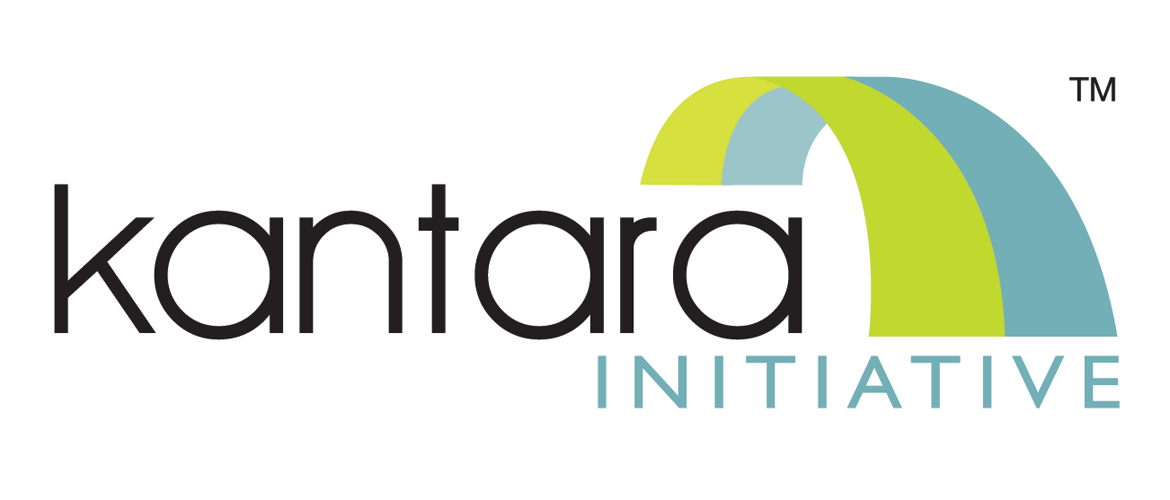Our 2023 #DEIA survey is now open! Click here to participate!
1. What value do you think membership of Kantara brings?

Kantara continues to be the best place in the industry to find other experts
and engage in meaningful conversations. We share the vision that standardization of identity and authorization solutions result in direct benefits to people and organizations.
2. How have you used your Kantara membership to your advantage?
We’ve continued to use the Kantara network to gain and share knowledge.
The groups are filled with experts with a huge range of experience, all brought together around the appropriate use of identity and technology.
The UMA Working Group has been an amazing source of new insights and feedback as IDENTOS continues to use and extend UMA to address customer challenges.
3. Please tell me about a particular project or initiative you are working on/have worked on
Recently, along with partners, we leveraged the work of Kantara’s UMA 2.0 specification as the key technology in the Ontario trusted account – a digital identity service to give patients a convenient, reliable, accessible and secure method to access health information and services online. Built on IDENTOS’ Federated Privacy Exchange (FPX), the Ontario trusted account brings to life a federated identity model that supports a seamless and secure, connected health journey. offering a single solution for identity across many jurisdictions, healthcare providers and services. By utilizing the UMA 2.0 specification, the implementation can be scaled to other health regions, and offers a model which other jurisdictions can adopt and learn from. We are very proud of this successful implementation of the UMA 2.0 specification.
Another recent project that IDENTOS has been involved in is a Type-1 Diabetes project with BC Children’s Hospital – involving complex data access and delegation scenarios between a child patient, their guardians, and their doctors, and and improve the process to donate clinical data to research. Delegation and consent-based data flows are powered by IDENTOS’ implementation of UMA 2.0. Kantara has been the place to find others with similar use cases and have engaging conversation towards standard ways to address them.
4. Why do “standards matter”?
Not only do open standards enable the connectivity of new sources of data, but they also enable data consuming services and marketplaces to develop with speed and confidence. Standards can accommodate a governable user-centric ecosystem, one that is compatible with Canadian and global privacy laws, while helping organizations advance a compliant and convenient experience for user communities. Standards bodies are also essential in order to continue addressing evolving needs and threats and to ensure guidance and controls meet regulators/legislative requirements in order to protect people around the world. It is our vision that once ecosystems are built on common standards and trust frameworks, the future will open up many untapped opportunities, jobs, and innovation that serve both people and organizations alike.
5. Which areas of the identity sector do you feel would benefit most for standardization and interoperability?
The healthcare sector because it is currently pretty siloed, and still requires a lot of work to create wider ecosystems that serve the user.
6. What has the past 2 years taught you about identity?
1) Identity is emerging as ever more critical for digital access and security – especially in the context of an uptick in remote/online access to services
versus less in person.
2) People across industry and standards are recognizing the need to offer users more choice and reassurance around how their data is managed and how their identity is secured as part of digital transactions.
3) There is a need to balance the capability for users with simplicity so that ID can truly become a utility and convenience.
4) Most of the challenge with digital identity isn’t technology but the BOLTS (biz, operational, legal, societal) which Kantara groups meaningfully consider. One example of this is: common understanding of security/privacy risks and demonstrating how we mitigate them through technology.
5) Strong identity is a gatekeeper to more meaningful patient-centric information control. We need to move into the next phase where people can control the sharing of more information beyond identity.
7. What is your prognosis for the future?
The future is looking bright! User centricity will continue to emerge as a critical differentiator and requirement as part of supporting new privacy and data laws for citizens and consumers. The re-use of digital IDs and the ability to enable cross ecosystem trusted interaction will be important to business models as well as the successful ability to achieve public and private sector interoperability.
8. What feedback would you like to give to the Kantara leadership team?
Continue to take more leadership in the digital ID / security community and use its influence to establish more concrete value and brand recognition vs
other fora.

